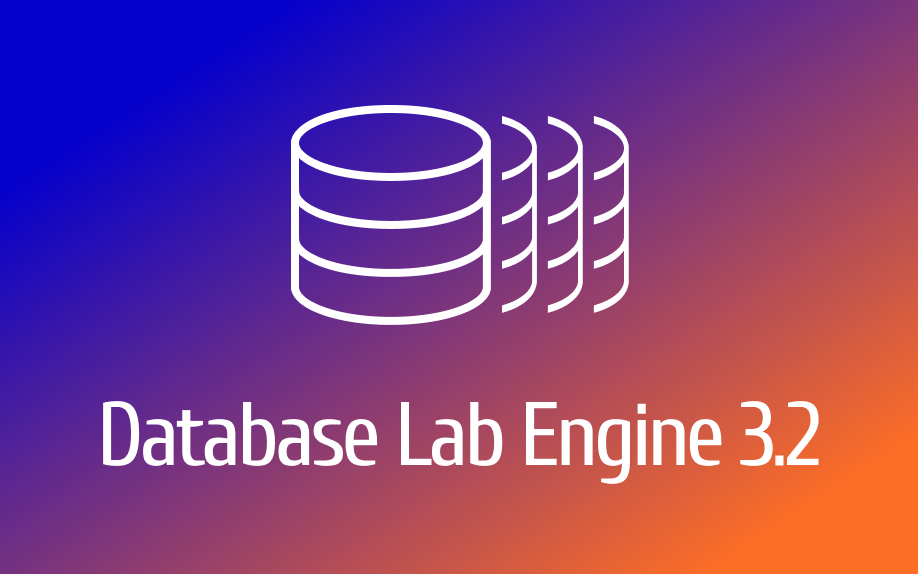DLE 3.2: config and logs in UI, Postgres 15, AWS Marketplace version is GA
· 2 min read

The Postgres.ai team is happy to announce the release of version 3.2 of Database Lab Engine (DLE), an open-source tool that provides blazing-fast database cloning and branching for any PostgreSQL database to build powerful development, test, QA, and staging environments.
Database Lab Engine is an open-source technology that enables thin cloning for PostgreSQL. Thin clones are exceptionally useful when you need to scale the development process. DLE can manage dozens of independent clones of your database on a single machine, so each engineer or automation process works with their own database provisioned in seconds without extra costs.
wip: pg15
wip: aws
In DLE 3.2:
- ...
Community news:
- 🌠 DLE repository on GitHub reached 1,4k stars; many thanks to everyone who supports the project in any way
- 📈 The Twitter account has reached 800 followers – please follow @Database_Lab
- 🎉 DLE now has 19 contributors. More contributions are welcome! See "good first issues"
- 🥇 Please consider various ways to contribute – read CONTRIBUTING.md

DBLab Engine 4.0
Instant database branching with O(1) economics.